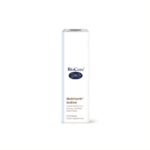

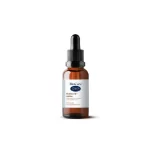
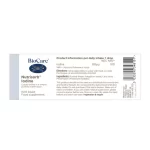
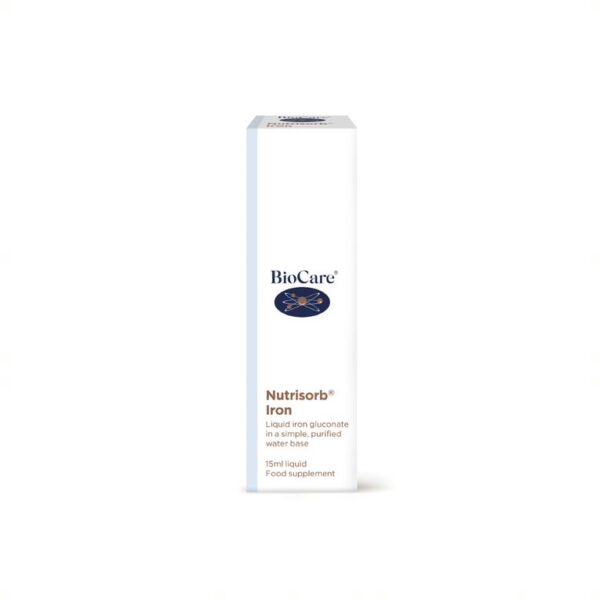
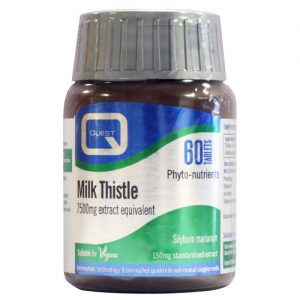
Nutrisorb Iodine 15ml BioCare
£11.89 Original price was: £11.89.£9.49Current price is: £9.49.
Nutrisorb Iodine
BioCare Iodine is an essential trace element and a chemical element with the symbol “I” on the periodic table. It plays a crucial role in the functioning of the thyroid gland and overall human health. Here are some key points about iodine:
1. **Thyroid Function:** Nutrisorb Iodine is an essential component of thyroid hormones, thyroxine (T4), and triiodothyronine (T3). These hormones are produced by the thyroid gland and are vital for regulating the body’s metabolic processes, including energy production, temperature regulation, and growth and development.
2. **Iodine Deficiency Disorders (IDD):** Insufficient iodine intake can lead to iodine deficiency disorders, which include conditions like goiter (enlarged thyroid gland), hypothyroidism (underactive thyroid), and intellectual disabilities, especially in children born to iodine-deficient mothers. Nutrisorb Iodine deficiency remains a significant public health concern in some parts of the world, but it is relatively rare in areas with adequate dietary iodine.
3. **Dietary Sources:** The primary dietary sources of iodine are seafood (e.g., fish and seaweed), dairy products, and iodized salt. In regions where iodine deficiency is common, iodized salt is often used to fortify the diet and prevent deficiency.
4. **Recommended Daily Intake:** The recommended daily intake of iodine varies by age and life stage. For adults, the recommended dietary allowance (RDA) is typically around 150 micrograms (mcg) per day, but it can be higher for pregnant and lactating women.
5. **Iodine Supplements:** In some cases, healthcare providers may recommend iodine supplements to individuals at risk of deficiency, such as pregnant women, individuals with thyroid disorders, or those living in iodine-deficient regions. However, excessive iodine intake can also lead to thyroid dysfunction, so supplements should be used under medical supervision.
6. **Thyroid Disorders:** While Nutrisorb iodine deficiency can lead to thyroid disorders, excessive iodine intake can also cause thyroid dysfunction. Conditions like hyperthyroidism (overactive thyroid) and autoimmune thyroiditis can be triggered or exacerbated by excessive iodine intake.
7. **Radiation Protection:** Iodine-131, a radioactive isotope of iodine, can be used in nuclear medicine and radiotherapy. Non-radioactive iodine can help protect the thyroid gland from absorbing radioactive iodine in the event of a nuclear accident or exposure to radioactive materials.
8. **Antiseptic Use:** Iodine-based compounds are sometimes used as antiseptics for disinfecting wounds and surgical sites. Povidone-iodine is a common antiseptic solution that contains iodine.
It’s important to maintain an adequate but not excessive intake of iodine, as both deficiency and excess can have adverse health effects. For most people in regions with access to a diverse diet, obtaining sufficient iodine through regular food sources is usually adequate.
However, individuals with specific dietary restrictions or health conditions should consult with a healthcare provider to ensure they are meeting their iodine needs.
Iodine Foods
Best source of Iodin
- Seaweed (nori, kelp, kombu, wakame)
- Fish, shellfish (cod, canned tuna, oysters, shrimp)
- Table salts
- Dairy (milk, cheese, yogurt)
- Eggs.
- Beef liver.
- Chicken
Most people get the iodine they need from their diet. It’s found naturally in fish, seaweed, and dairy products. It’s also available as iodized salt. It also exists in the Earth’s soil, but the amount varies from region to region. As a result, the iodin content of plants varies.
If you’re looking to keep your thyroid in tip-top shape, you need to make sure you’re getting enough iodine. This important mineral helps your thyroid produce the chemicals it needs for proper metabolism.
Without enough iodin, you can develop hypothyroidism, which can cause fatigue, joint pain, and fertility problems. Iodin is also essential for pregnant women, breastfeeding mothers, and small children, as it helps support healthy bones and mental development.
Nutrisorb Iodine Benefits
Nutrisorb Iodin is essential for a healthy thyroid. Without it, your thyroid cannot produce the chemicals it needs for proper metabolism. A deficiency can lead to hypothyroidism, meaning that your thyroid isn’t functioning as well as it should.
This can cause problems like fatigue, joint pain, and fertility issues. The mineral is also important for women who are pregnant or breastfeeding, as it plays a role in proper bone and mental development.


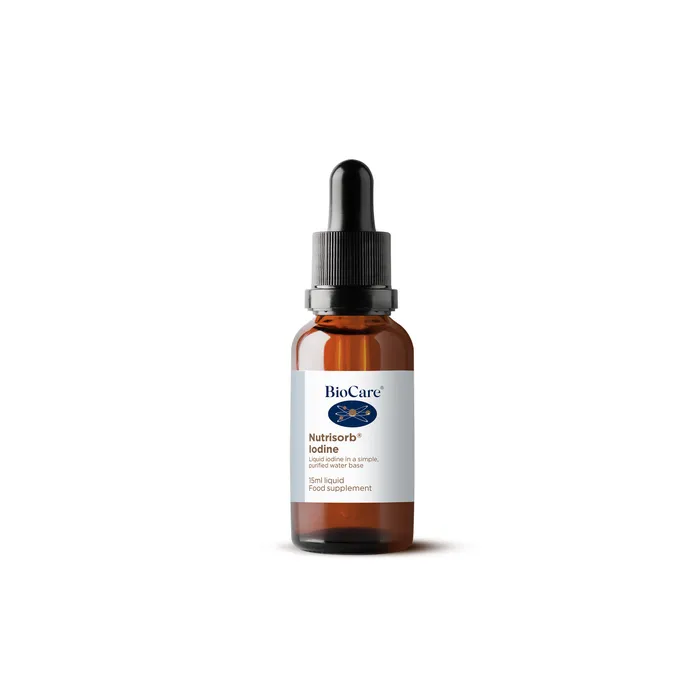

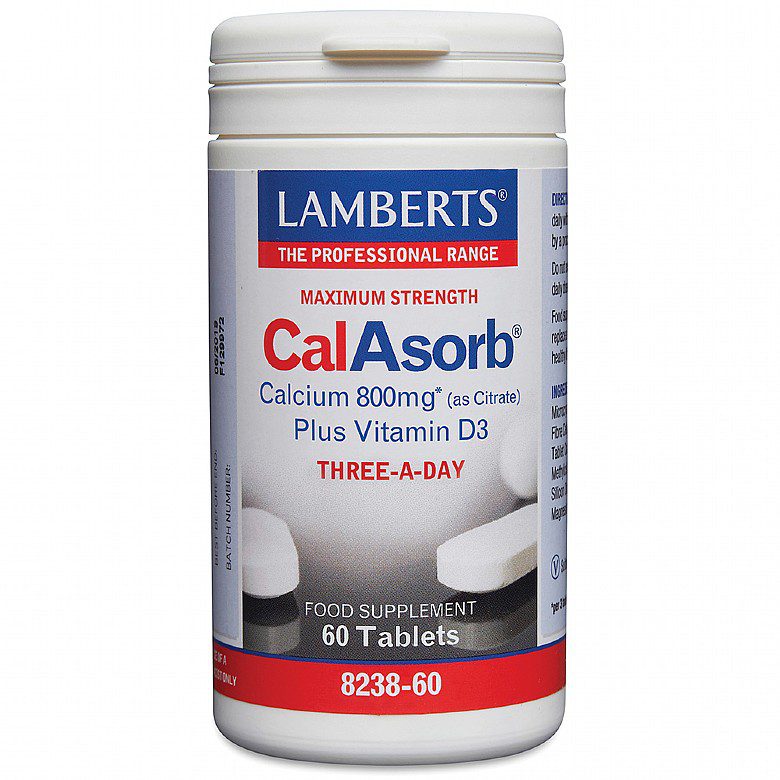
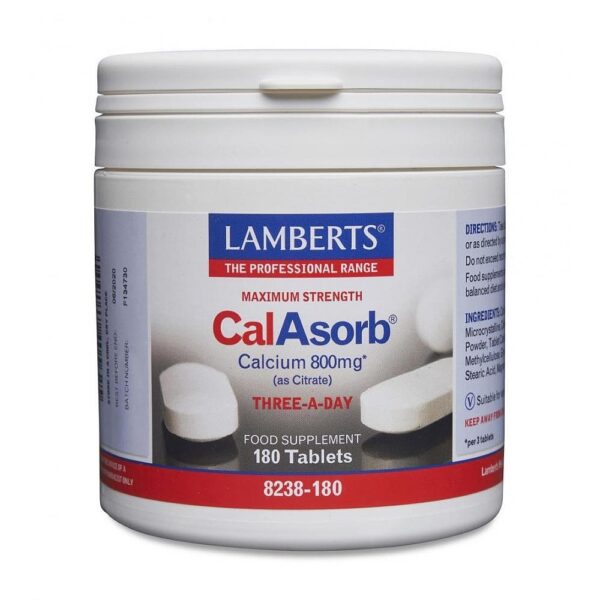
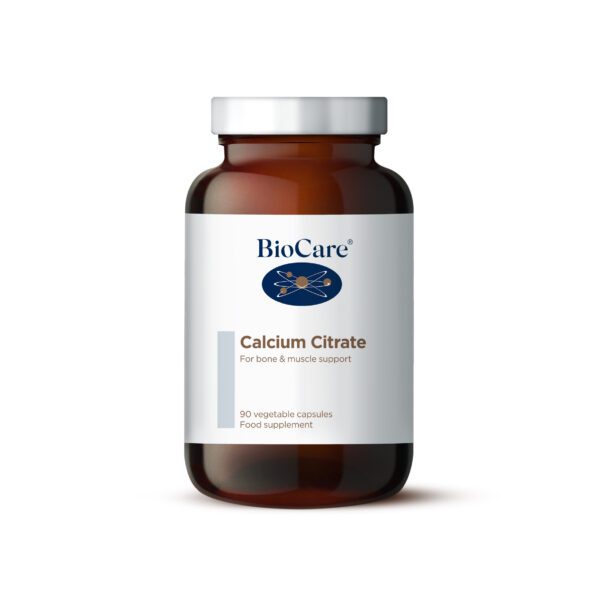
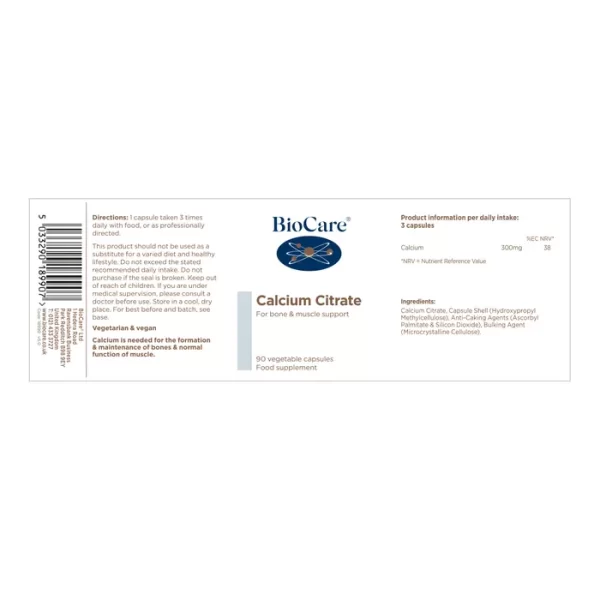
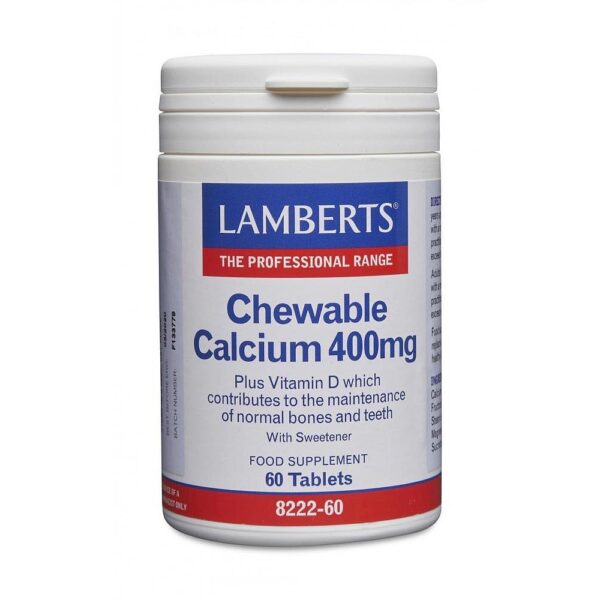
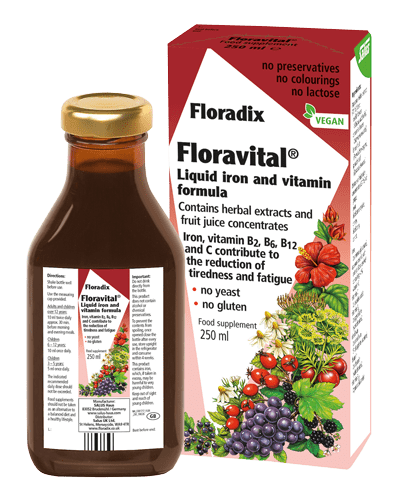
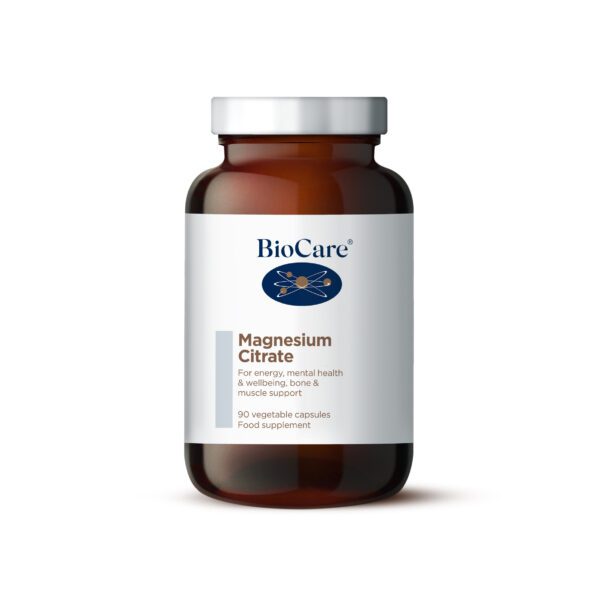
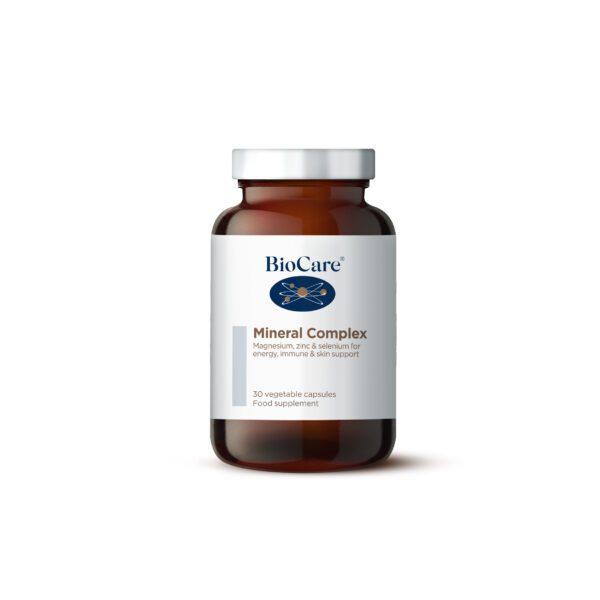
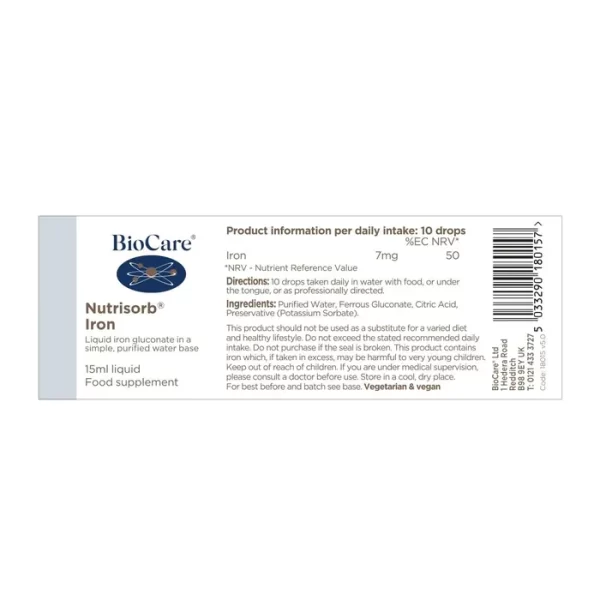
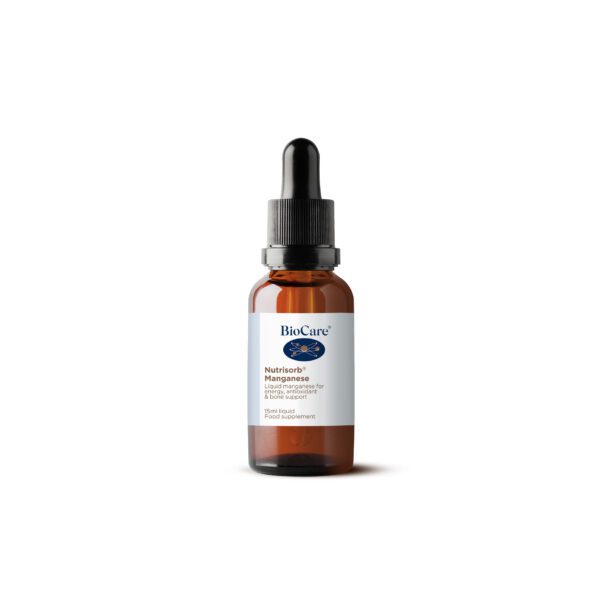
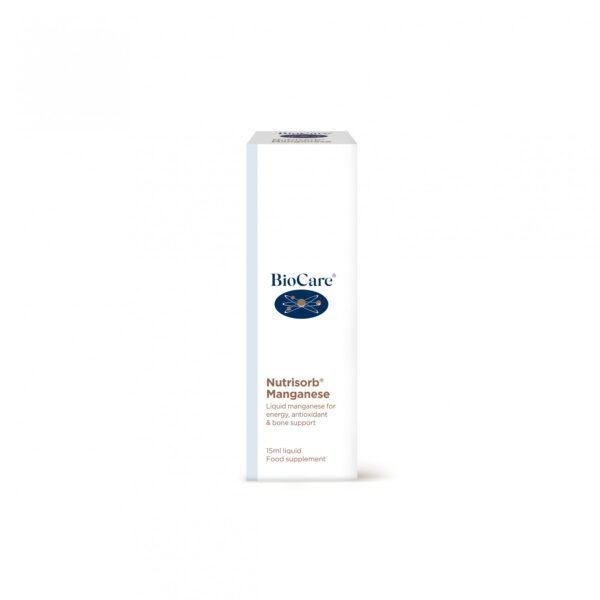




Reviews
There are no reviews yet.